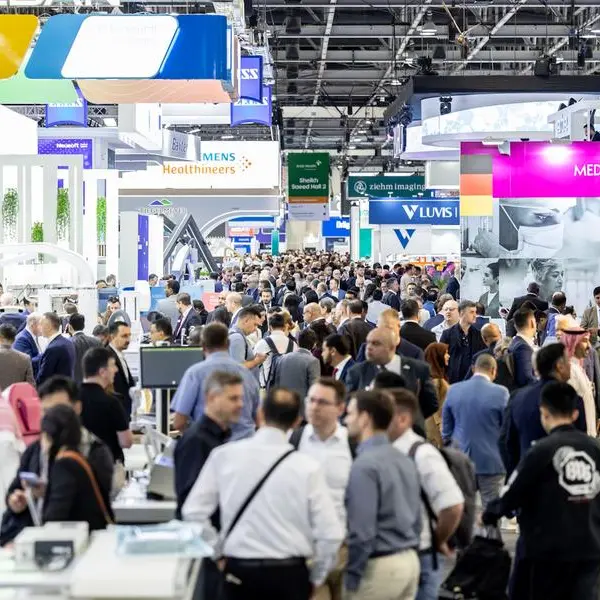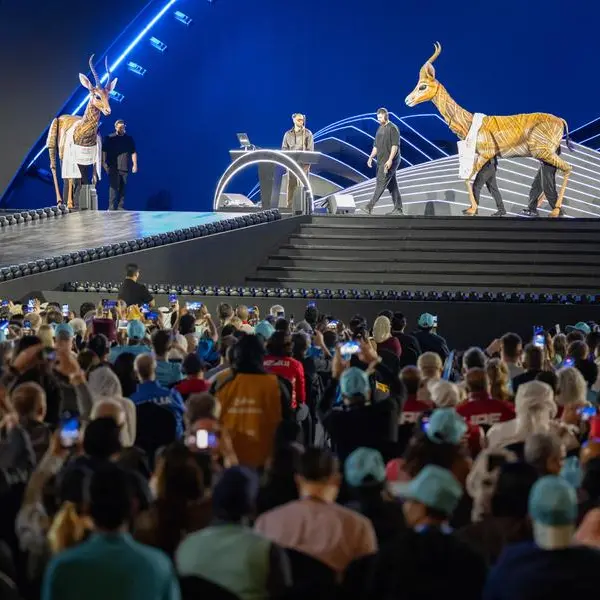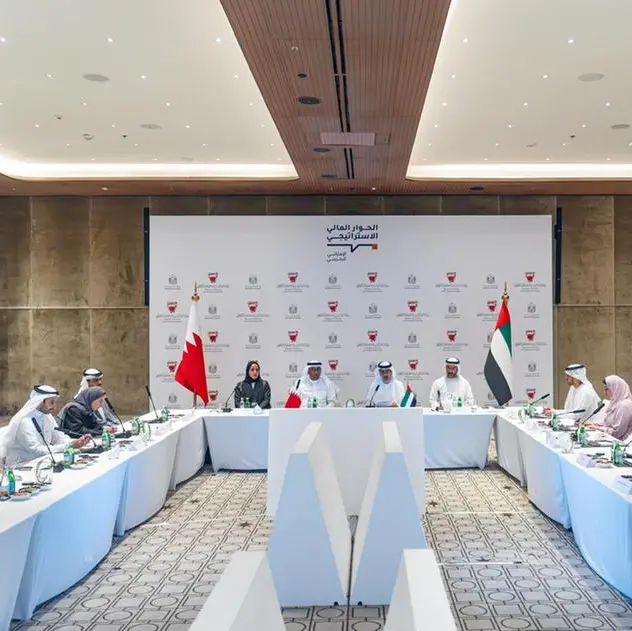Scientists, researchers, scholars and practitioners from all across the globe came together to participate in the IEEE International Conference on Computation, Automation & Knowledge Management (ICCAKM 2022) organized jointly by Amity University Noida and Amity University Dubai.
The three-day hybrid conference opened with the signing of a crucial MoU between The Case Centre UK and Amity Universities worldwide. This partnership will give faculty and students access to a range of case studies, articles and workshops, designed to inspire and transform business education. Following the inauguration, the Chair Professor at Columbia Business School, Prof Kinshuk Jerath, conducted a special session.
To support research partnerships and funding with EU countries, Amity even launched the Erasmus + Project with a team from Hungary.
With automation and knowledge economy at the forefront of recent advances worldwide, it is vital that we understand and learn more about the future of the industry and the adjacent categories that will be positively impacted. Through this conference, Amity University Dubai aims to encourage research into areas and industries that are flourishing and growing, moving beyond traditional pillars to build knowledge within new and ever evolving paradigms of automation.
From alumni, graduates and postgraduates to fellow scholars and industry experts, ICCAKM 2022 saw participants share knowledge, ideas, models and techniques through keynote speeches, paper presentations and panel discussions.
Amity University Dubai Vice Chancellor, Dr. Saif Al Seiari said, “As the region heads towards building automation technologies and tools that will enhance government performance and efficiency, it is important that we do the same. Our goal is to play a large role in the future of the UAE through quality education and increased opportunities for students. The presented papers and panel discussions were selected to ignite new trends and developments in a globally competitive environment, while also providing future direction to young researchers and practitioners.”
-Ends-



















